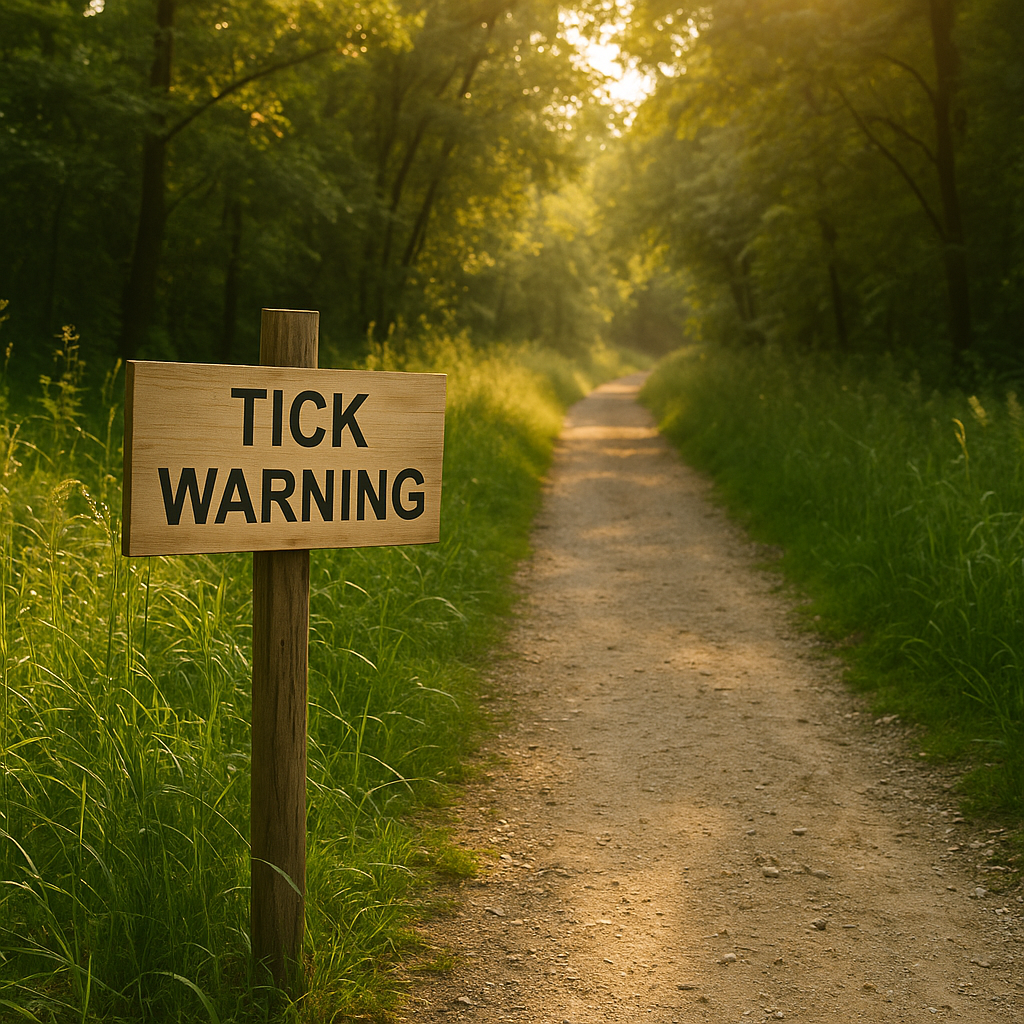
Alpha-Gal Syndrome on the Rise: New Areas at Risk
Share
Alpha-gal syndrome (AGS) is making headlines again, and the news matters for anyone living with this tick-borne allergy or trying to protect themselves from it.
Cases Surge on Martha’s Vineyard
Recent reporting shows a sharp rise in AGS on Martha’s Vineyard, with local testing indicating more than 500 positives by 2024, up dramatically from only a few cases a few years prior. The increase tracks with the island’s expanding population of lone star ticks, which can trigger allergies to red meat and some dairy.
More Tick Species Implicated
The lone star tick (Amblyomma americanum) has been the primary focus in the U.S. New findings now suggest that black-legged ticks—Ixodes scapularis (deer tick) and Ixodes pacificus (western black-legged tick)—may also be linked to sensitization in some cases, broadening potential risk zones.
Why This Matters
These updates point to both rising prevalence and wider geographic exposure. If you spend time outdoors, practice tick prevention and know the signs of AGS. If you already manage AGS, keep your routine consistent and review labels carefully.
The Fyrn™ Approach
Our products are designed to be alpha-gal safe and free from mammal-derived ingredients. For customers who also prefer fragrance-free routines, we created Fyrn™ Pure—our unscented collection made for sensitive skin.
Sources
- MV Times — Hospital reports rise in tick bites (July 9, 2025)
- CBS Boston — Meat and dairy allergy on Martha’s Vineyard
- dvm360 — New tick species implicated in AGS
- Health.com — CDC reports on red-meat allergy (alpha-gal)
